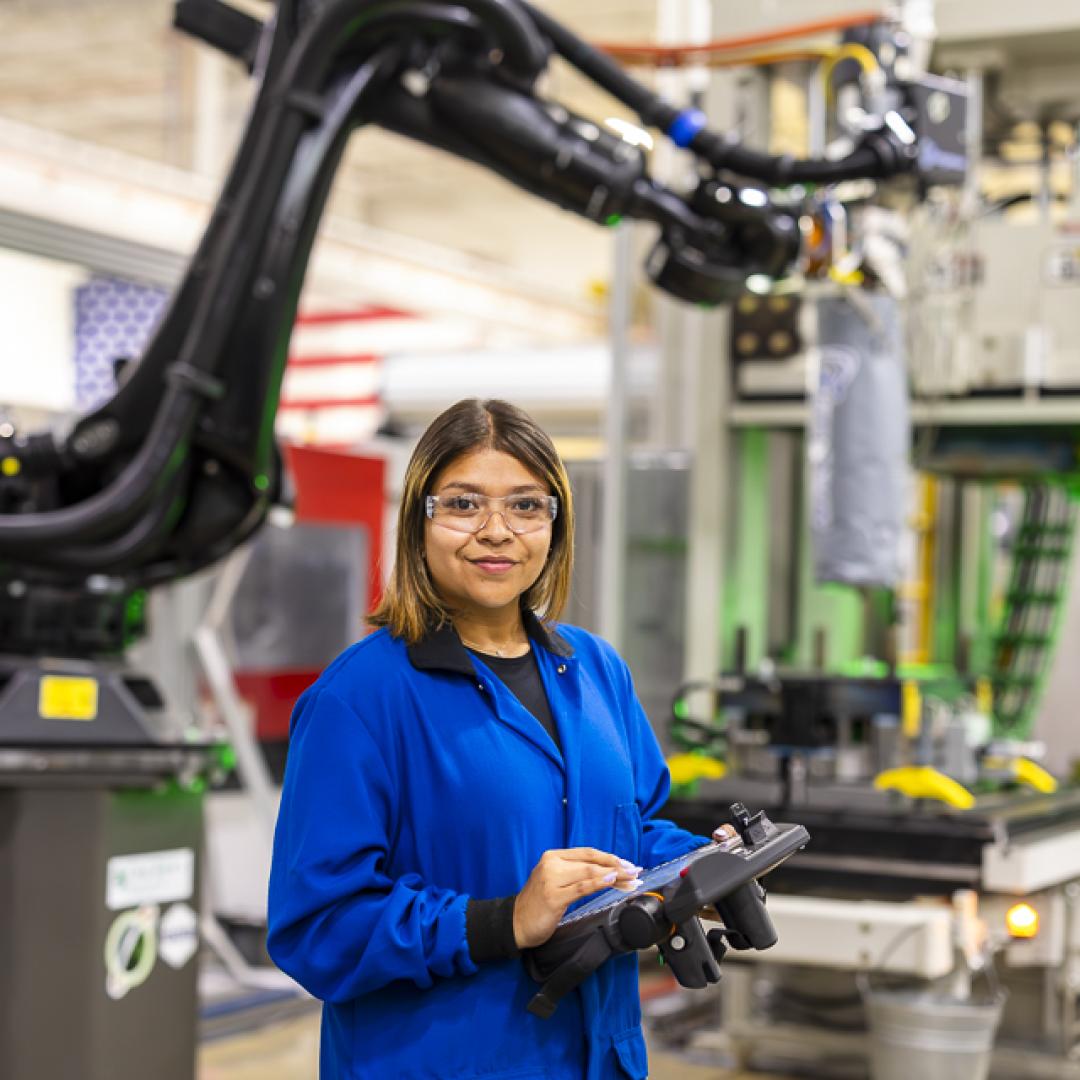
Filter News
Area of Research
News Topics
- (-) ITER (7)
- (-) Microelectronics (3)
- (-) Summit (58)
- 3-D Printing/Advanced Manufacturing (124)
- Advanced Reactors (34)
- Artificial Intelligence (94)
- Big Data (57)
- Bioenergy (92)
- Biology (100)
- Biomedical (59)
- Biotechnology (22)
- Buildings (57)
- Chemical Sciences (66)
- Clean Water (30)
- Climate Change (101)
- Composites (28)
- Computer Science (192)
- Coronavirus (46)
- Critical Materials (27)
- Cybersecurity (35)
- Decarbonization (80)
- Education (4)
- Element Discovery (1)
- Emergency (2)
- Energy Storage (109)
- Environment (196)
- Exascale Computing (38)
- Fossil Energy (6)
- Frontier (43)
- Fusion (55)
- Grid (65)
- High-Performance Computing (87)
- Hydropower (11)
- Irradiation (3)
- Isotopes (53)
- Machine Learning (48)
- Materials (144)
- Materials Science (141)
- Mathematics (9)
- Mercury (12)
- Microscopy (51)
- Molten Salt (8)
- Nanotechnology (60)
- National Security (65)
- Net Zero (14)
- Neutron Science (131)
- Nuclear Energy (109)
- Partnerships (46)
- Physics (62)
- Polymers (33)
- Quantum Computing (35)
- Quantum Science (69)
- Renewable Energy (2)
- Security (24)
- Simulation (49)
- Software (1)
- Space Exploration (25)
- Statistics (3)
- Sustainable Energy (129)
- Transformational Challenge Reactor (7)
- Transportation (97)
Media Contacts

ORNL's Larry Baylor and Andrew Lupini have been elected fellows of the American Physical Society.
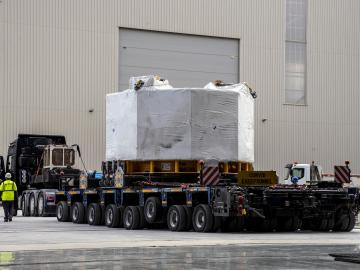
Staff at Oak Ridge National Laboratory organized transport for a powerful component that is critical to the world’s largest experiment, the international ITER project.
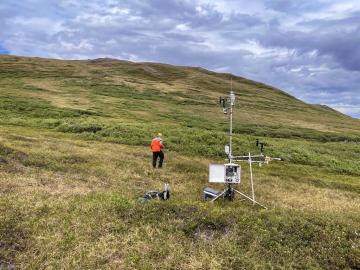
Improved data, models and analyses from ORNL scientists and many other researchers in the latest global climate assessment report provide new levels of certainty about what the future holds for the planet
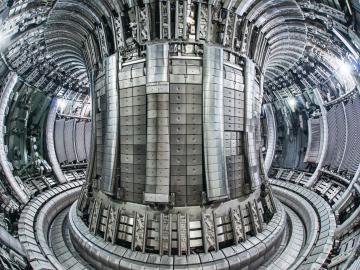
Equipment and expertise from Oak Ridge National Laboratory will allow scientists studying fusion energy and technologies to acquire crucial data during landmark fusion experiments in Europe.
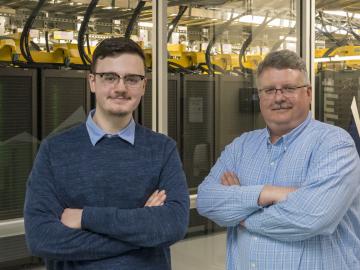
L&N STEM Academy senior Tyler Duckworth has been named recipient of the 2021 UT-Battelle Scholarship to attend the University of Tennessee.

The Department of Energy’s Oak Ridge National Laboratory has licensed its award-winning artificial intelligence software system, the Multinode Evolutionary Neural Networks for Deep Learning, to General Motors for use in vehicle technology and design.

The U.S. Department of Energy’s Innovative and Novel Computational Impact on Theory and Experiment, or INCITE, program is seeking proposals for high-impact, computationally intensive research campaigns in a broad array of science, engineering and computer science domains.

The Accelerating Therapeutics for Opportunities in Medicine , or ATOM, consortium today announced the U.S. Department of Energy’s Oak Ridge, Argonne and Brookhaven national laboratories are joining the consortium to further develop ATOM’s artificial intelligence, or AI-driven, drug discovery platform.
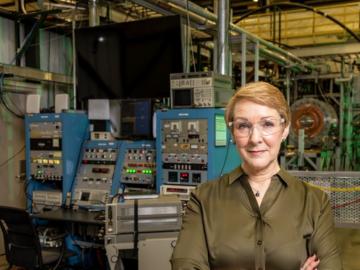
From the helm of a one-of-a-kind organization that brings nuclear fusion and fission expertise together to pave the way to expanding carbon-free energy, Kathy McCarthy can trace the first step of her engineering career back to
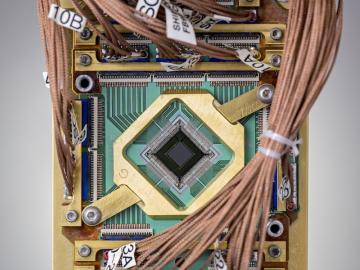
Since the 1930s, scientists have been using particle accelerators to gain insights into the structure of matter and the laws of physics that govern our world.


